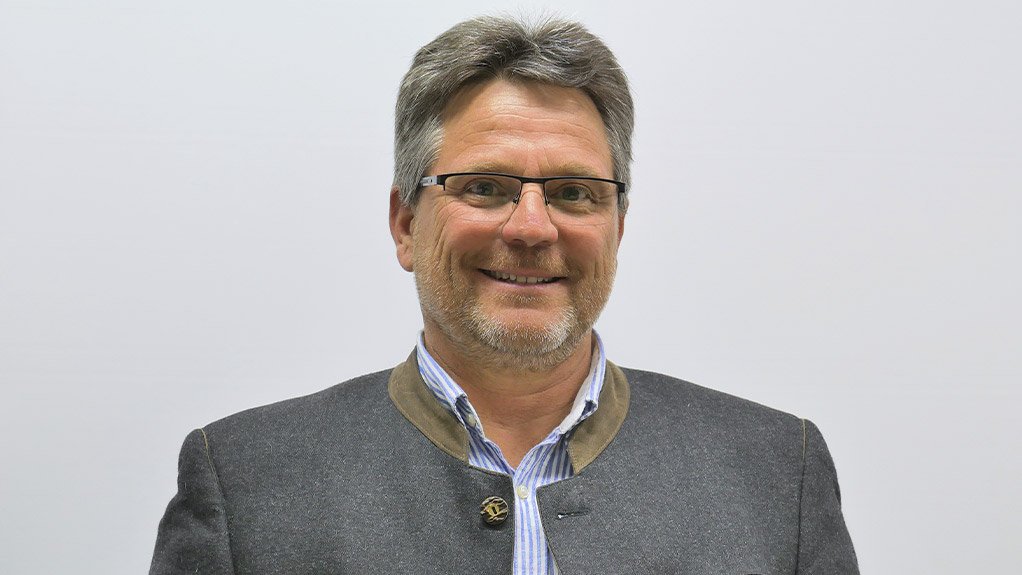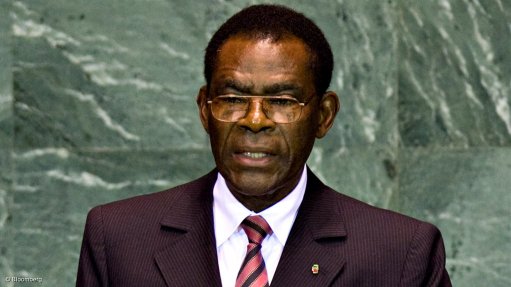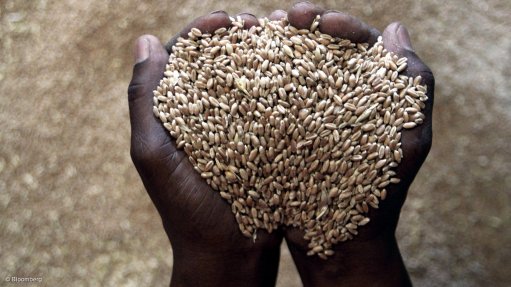Solar body calls for overhaul of distributed-generation rules in open letter to Ramaphosa
The South African Photovoltaic Industry Association (SAPVIA) has written to President Cyril Ramaphosa endorsing his call for the forging of a “new economy”, while also appealing for decisive policy and regulatory action to ensure that the country does not “return to the dark days of load-shedding”.
“Mr President, let us use this opportunity to fix yesterday’s problems, starting with our electricity supply woes,” chairperson Wido Schnabel writes in the three-page open letter.
“In order to achieve this goal, we call on your government to relax certain electricity regulations that have made it difficult for businesses in our sector to grow and create jobs,” he adds, highlighting in particular the prevailing constraints to smaller-scale projects, or distributed generators.
In the letter, SAPVIA lists three main constraints to the growth of the distributed-generation sector, including:
- The lack of an explicit allocation in the Integrated Resource Plan for distributed generation projects for the coming four years. Without a clear allocation, SAPVIA believes that the National Energy Regulator of South Africa (Nersa) regulator does not have a clear mandate to grant licences to entities wanting to generate electricity outside of the proposed State procurement process.
- The prevailing 1 MW threshold in Schedule 2 of the Electricity Regulation Act (ERA) for licensing exemption, making the development of projects up to 10 MW impractical for small and medium-sized businesses.
- And the fact that projects with a generating capacity of just over 1 MW must adhere to the same onerous application system as large-scale projects. Both require a public participation process and hearings on a per project basis.
“The limitations imposed by Schedule 2 of the ERA are weighing heavily on our industry at a time when the country is in the midst of a crisis,” Schnabel argues.
He notes that, under usual circumstances, it takes Nersa four months to process applications for registration and between six months to a year to approve licences, despite the 120-day period described in the Act.
Since the institution of the Covid-19 lockdown, however, activities at Nersa have been suspended and normal operations, including Energy Regulator decisions that require public participation, have been put on hold.
To ease the prevailing constraints to investment in distributed generation SAPVIA urges Ramaphosa to consider the following:
- Lifting the licensing exemption threshold from 1 MW to 10 MW.
- Making it a requirement for projects to register with the regulator by submitting an independent certificate of compliance against which the allocation to embedded generation can be measured, and ensuring that the database of installed megawatts is public and updated.
- Ensuring there are clear guidelines on how to obtain a generation licence for projects above 10 MW in size.
- And ensuring that Nersa has the resources and capacity to process applications timeously and efficiently.
“The distributed generation approach provides additional capacity to the grid, promotes broad-based participation in the energy sector, and aligns with the tenets of a just energy transition,” Schnabel writes.
A recent study conducted for SAPVIA by the Council for Scientific and Industrial Research points to there being potential to create more than 100 000 jobs in distributed generation over coming ten years.
“Mr President, we need urgent interventions from your government to drive growth in the energy sector. The solar PV industry stands with you to fight the Covid-19 pandemic and commits to positively participate in the recovery of the economy.”
Comments
Press Office
Announcements
What's On
Subscribe to improve your user experience...
Option 1 (equivalent of R125 a month):
Receive a weekly copy of Creamer Media's Engineering News & Mining Weekly magazine
(print copy for those in South Africa and e-magazine for those outside of South Africa)
Receive daily email newsletters
Access to full search results
Access archive of magazine back copies
Access to Projects in Progress
Access to ONE Research Report of your choice in PDF format
Option 2 (equivalent of R375 a month):
All benefits from Option 1
PLUS
Access to Creamer Media's Research Channel Africa for ALL Research Reports, in PDF format, on various industrial and mining sectors
including Electricity; Water; Energy Transition; Hydrogen; Roads, Rail and Ports; Coal; Gold; Platinum; Battery Metals; etc.
Already a subscriber?
Forgotten your password?
Receive weekly copy of Creamer Media's Engineering News & Mining Weekly magazine (print copy for those in South Africa and e-magazine for those outside of South Africa)
➕
Recieve daily email newsletters
➕
Access to full search results
➕
Access archive of magazine back copies
➕
Access to Projects in Progress
➕
Access to ONE Research Report of your choice in PDF format
RESEARCH CHANNEL AFRICA
R4500 (equivalent of R375 a month)
SUBSCRIBEAll benefits from Option 1
➕
Access to Creamer Media's Research Channel Africa for ALL Research Reports on various industrial and mining sectors, in PDF format, including on:
Electricity
➕
Water
➕
Energy Transition
➕
Hydrogen
➕
Roads, Rail and Ports
➕
Coal
➕
Gold
➕
Platinum
➕
Battery Metals
➕
etc.
Receive all benefits from Option 1 or Option 2 delivered to numerous people at your company
➕
Multiple User names and Passwords for simultaneous log-ins
➕
Intranet integration access to all in your organisation





















